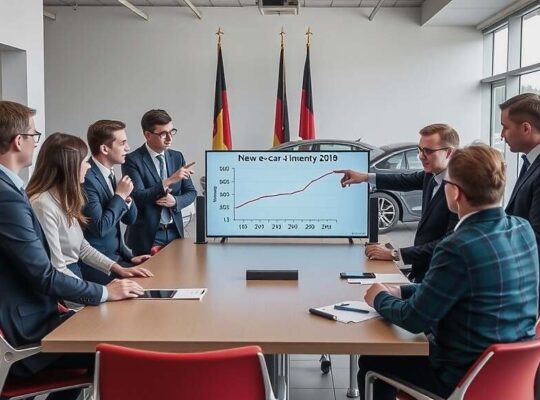The debate surrounding Germany’s planned overhaul of the citizen’s income benefit (Bürgergeld) is intensifying, with Rhineland-Palatinate’s Minister President Alexander Schweitzer issuing a stark warning to the opposition CDU/CSU regarding unrealistic expectations for potential savings. Schweitzer, also Deputy Chairman of the SPD, criticized the conservative bloc for clinging to campaign rhetoric, arguing that a deeper analysis reveals a more nuanced reality. While certain cost reductions are achievable, the primary focus should be on improving the system’s efficiency and targeted support, specifically aimed at integrating recipients into the workforce.
The CDU’s General Secretary, Carsten Linnemann, recently suggested the reform could unlock “very large billions” in savings, echoing demands made during the recent federal election campaign to significantly curtail the citizen’s income budget. Schweitzer’s assessment directly challenges this position, implying that focusing solely on budgetary cuts risks undermining the program’s long-term effectiveness.
While acknowledging the recent coalition decision – a black-red partnership – to strengthen sanctions associated with citizen’s income, Schweitzer defended the approach, citing the Constitutional Court’s provision allowing for the withdrawal of benefits as a corrective measure. He stressed that the citizen’s income is intended as emergency assistance, not a universal basic income.
Instead of prioritizing cuts, Schweitzer advocates for increased investment in job placement and support services. He emphasized that the vast majority of citizen’s income recipients require vocational training, further education and personalized assistance to successfully re-enter the labor market, characterizing those actively resisting integration as a minority. As a concrete example of supportive measures, Schweitzer proposed funding driver’s license acquisition, arguing it could facilitate access to employment, although these decisions would remain at the discretion of local job centers.
Crucially, Schweitzer highlighted the need to empower job center caseworkers with a broader range of tools and flexibility to effectively manage individual cases. He warned against the illusion that coercive measures alone can sustainably reintegrate individuals facing challenges like mental health issues or personal crises, arguing that a more empathetic and individualized approach is essential for long-term success. The Minister President’s intervention underscores a growing divide over the direction of the reform, raising questions about the feasibility of the CDU’s savings targets and the potential impact on vulnerable citizens.












